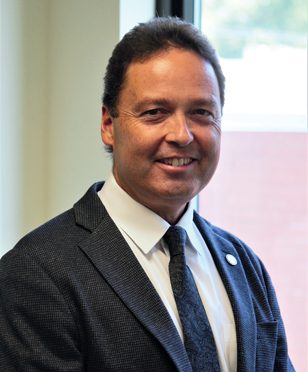
by Ed Malaga, International Executive Board Member and President of Local 161-710 (Washington, DC)
Many musicians in our ranks continue to be treated as independent contractors by employers, even though it is clear that an employer-employee relationship exists. There is a name for this practice—it is called “illegal worker misclassification,” and it is affecting a variety of industries in our country. It is also the subject of increased scrutiny by courts and government agencies as the gig economy continues to proliferate.
Illegal worker misclassification is a form of payroll fraud used by employers to classify workers who should be considered employees as independent contractors. It is a practice which seriously harms workers, but we are starting to see action being taken to address this issue. Recently in California, Gov. Gavin Newsom signed into law Assembly Bill 5 to address the misclassification of independent contractors. The practice of misclassification allows employers to avoid paying withholding taxes and payments to other programs such as disability, unemployment insurance, and workers’ compensation.
Payroll taxes are designed to be shared equally by the employer and employee, but when a worker is misclassified as an independent contractor, that worker is left footing their employers’ tax bill. That means when it comes time to file your tax return, you will be responsible for paying both the employee and employer share of Social Security and Medicare taxes.
What are the criteria that determine employee versus independent contractor status? Courts and government agencies take into account many factors, and perhaps none figures more prominently than the issue of “control.” The guiding principle is that for an employer to classify a worker as an independent contractor, they must show that the worker is free from the employers’ control. How does this criteria affect musician hires? Consider the situation musicians find themselves in, where offers of engagement are typically accompanied by many specific details, for instance: a pre-determined schedule of all dates and all times of rehearsals and performances, the specific repertoire to be performed, what instrument(s) are to be played, and even what the dress code is for the performance. The extent and degree of control being exerted by the employer in these instances is clearly evident.
I believe it is important to also note that the National Labor Relations Board concluded in Lancaster Symphony Orchestra (357 NLRB No. 152) that musicians performing for the Lancaster Symphony qualify as employees and not, as their employer argued, independent contractors. This finding was subsequently upheld in the United States Court of Appeals for the District of Columbia. The most prominent factors in considering this case dealt with the amount of control that the employer had over the work being performed, as well as the fact that the work of the symphony musicians was an integral part of the employer’s business. If musicians were truly working as independent contractors, they would have the ability to set their own schedule, choose their own repertoire, and make their own decisions on instrumentation and dress.
So the next time you are offered a gig as an independent contractor, know that what this really means is less money in your pocket at the end of the year. It is important for AFM musicians to understand how they are being classified by employers for tax purposes in order to ensure fair treatment, whether as employees or independent contractors. In either case, the way you are classified will certainly affect your bottom line. If you feel you are being illegally classified as an independent contractor, the AFM stands ready to help.




